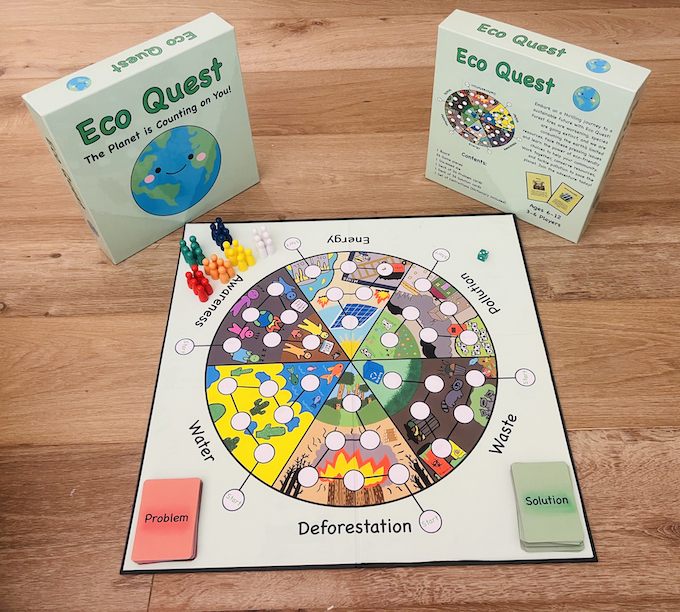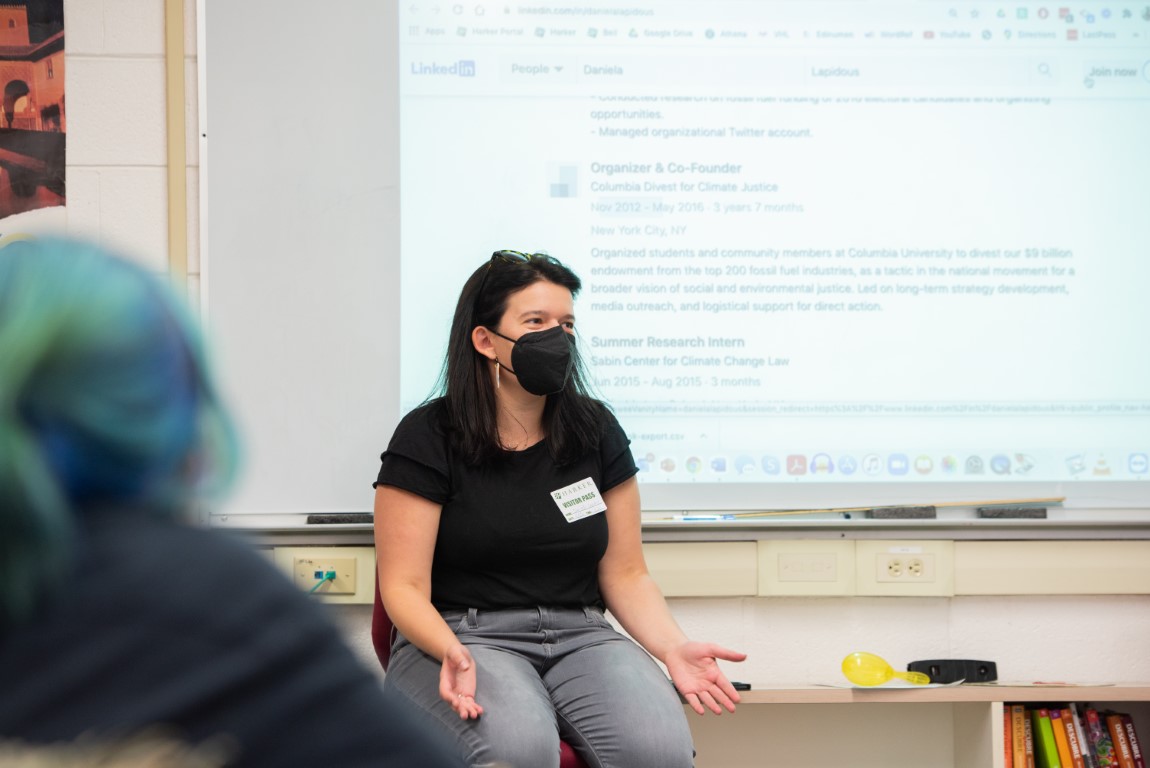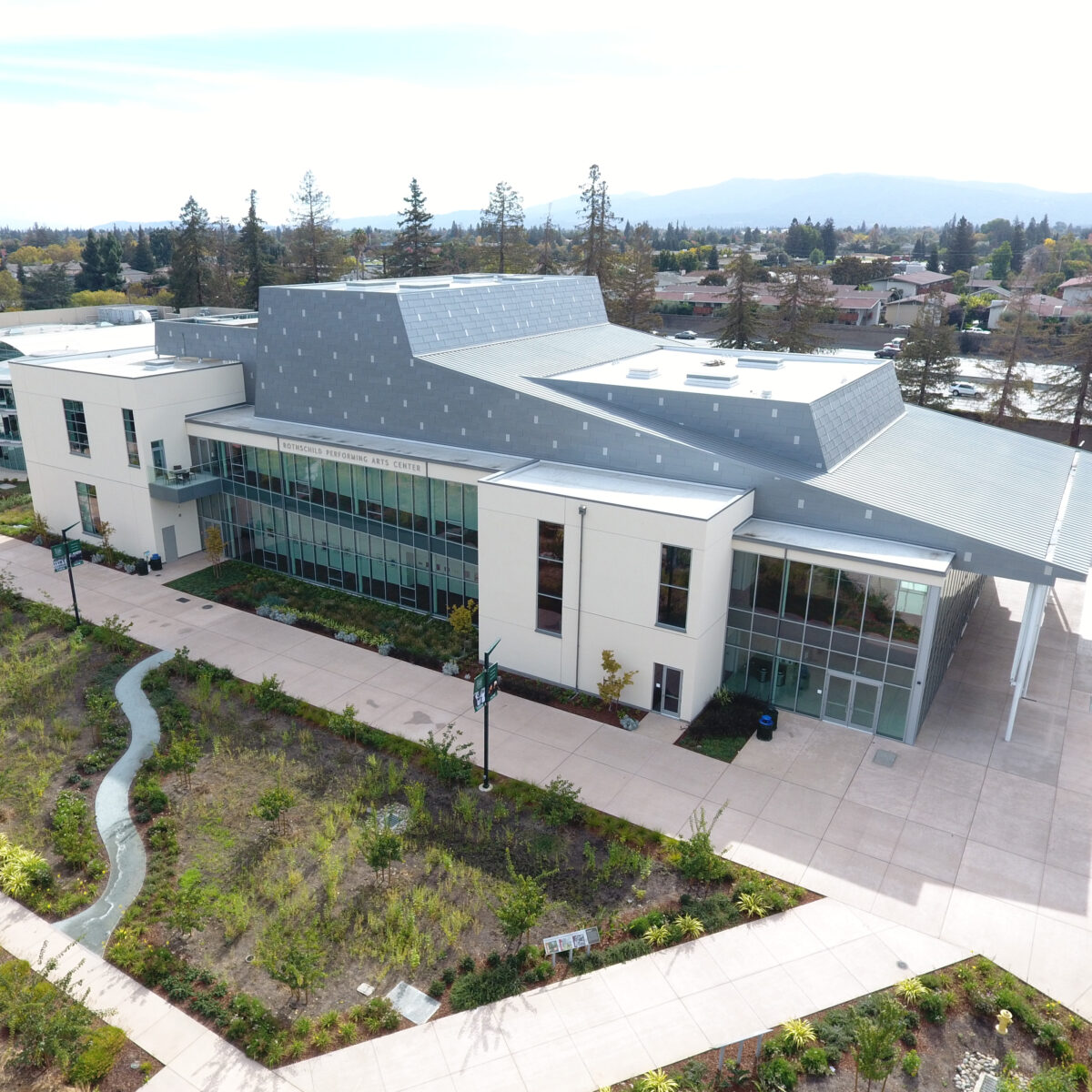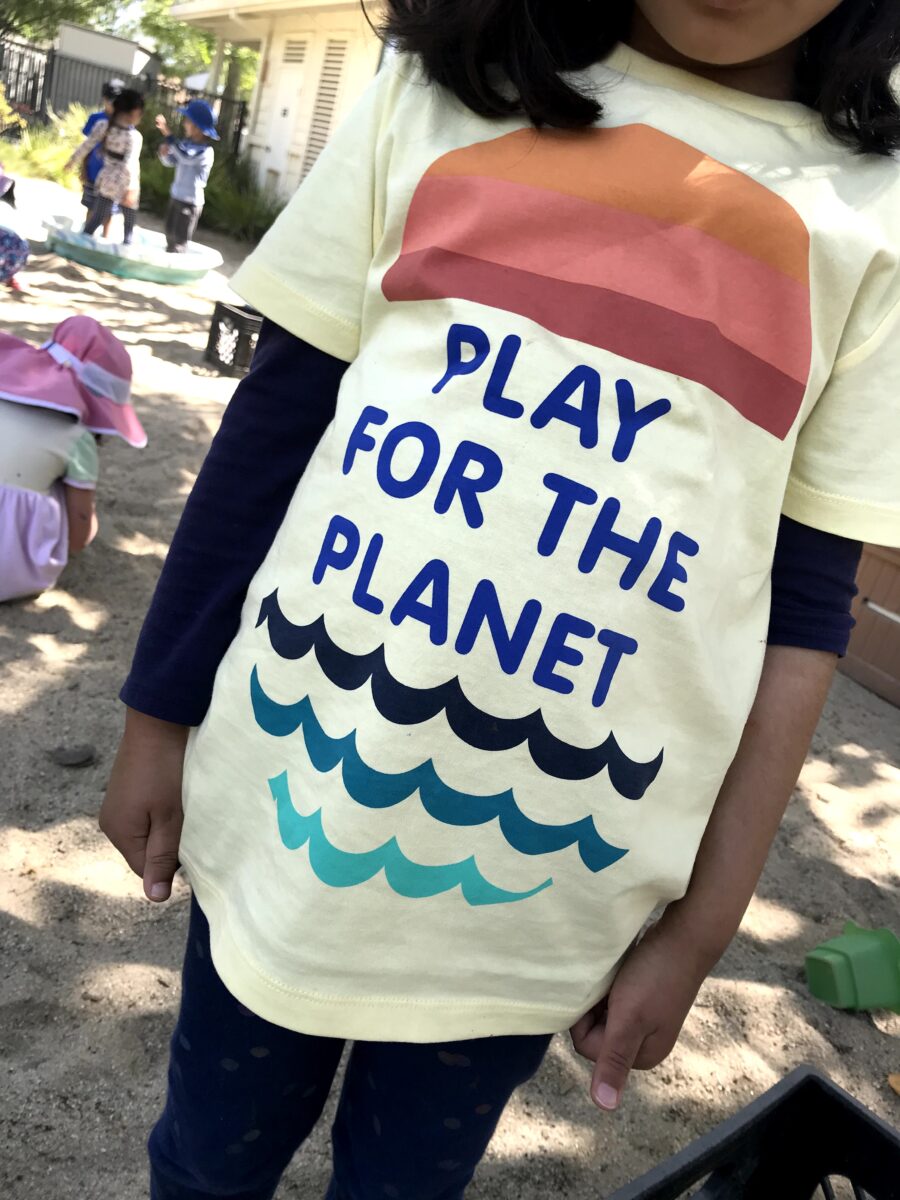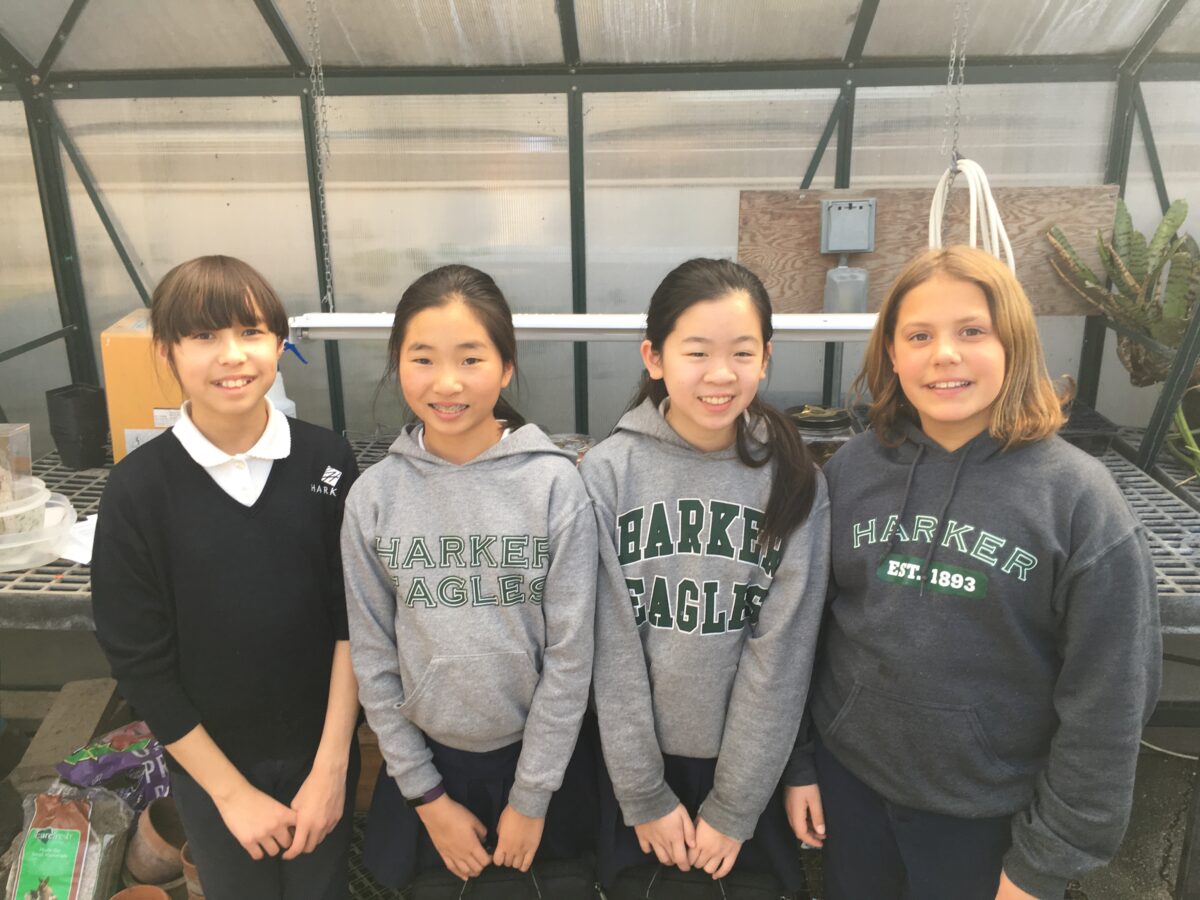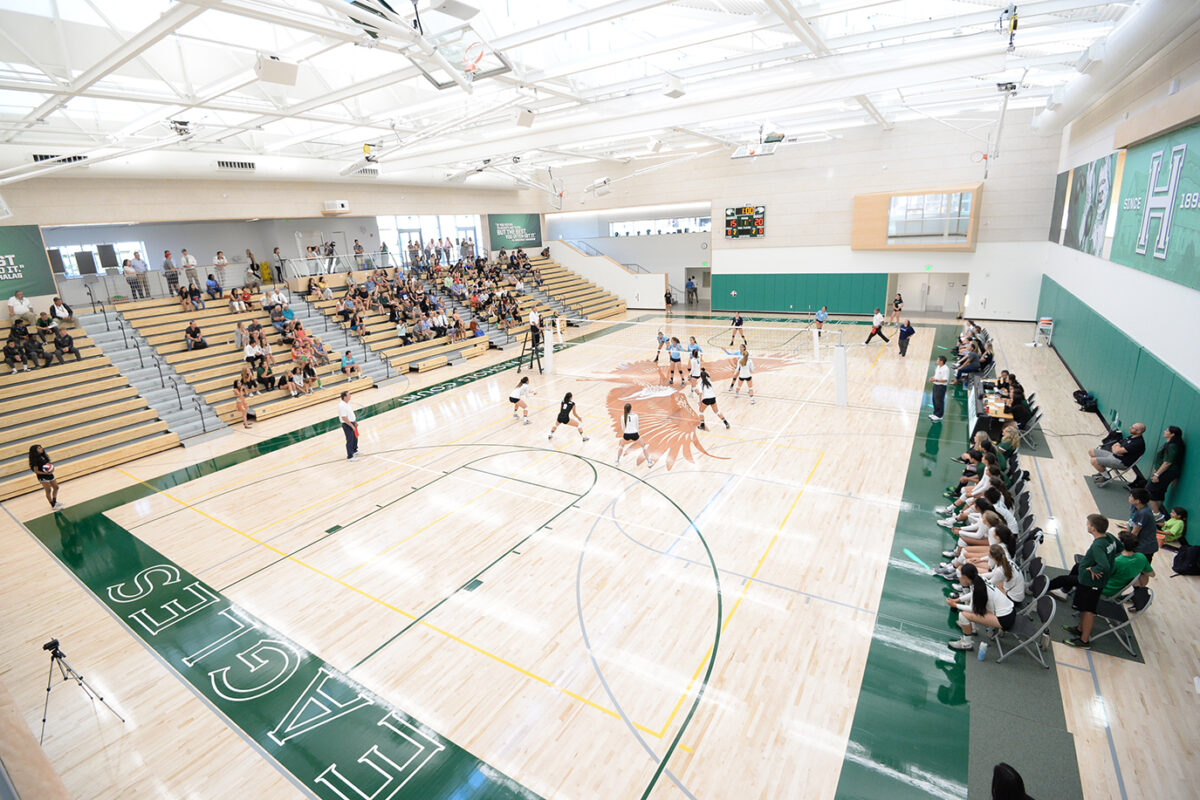Seniors Reshma Kosaraju and Sasha Masson recently developed a board game to teach children about the dangers of – and possible solutions to – climate change.
topgreen
Three students, teacher honored in Bow Seat Ocean Awareness Contest
Three Harker eighth graders were named honorees in the Bow Seat Ocean Awareness Contest’s junior division.
Two students win silver in Ocean Awareness Contest
Michelle Wei, grade 10, and Helen Gu, grade 8, recently won Silver Awards for their submissions to the 2021 Ocean Awareness Contest.
Daniela Lapidous ’12 talks to Green Team on climate action
Daniela Lapidous ’12 visited the upper school to speak to Harker’s Green Team about her own experiences in environmental activism.
Freshman wins Wells Fargo Community Innovation Award
Last week, freshman Sriram Bhimaraju received the third place Wells Fargo Community Innovation Award in Arizona State University’s Sustainability Solutions Science Fair at the middle school level.
Green Team recognized in Bow Seat Marine Debris Creative Advocacy Competition
The upper school’s Green Team was awarded a Distinguished Honorable Mention in the Bow Seat Marine Debris Creative Advocacy Competition.
Rothschild Performing Arts Center awarded LEED Gold certification, third campus building so awarded
Earth Day activities at Harker Preschool boosted by parents’ help
Preschoolers had a great Earth Day in April and parent volunteers were key to making the day special!
Middle school Green Team steps up efforts leading up to Earth Day
The 2019 middle school Green Team has been hard at work this year advocating for the end of single-use plastics and an increase in recycling of all plastic waste.
